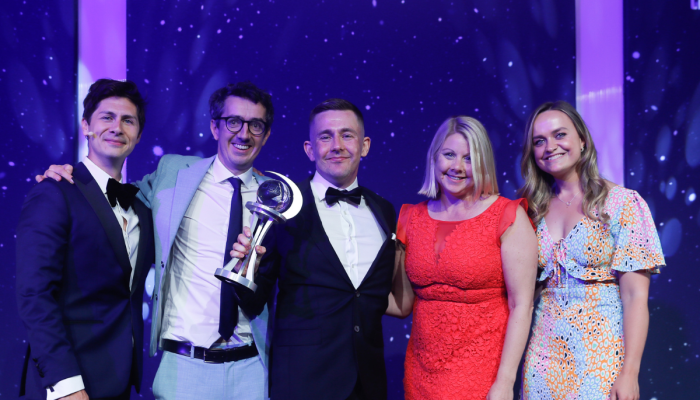The Agora in Ancient Athens was the Parliament of its day, where the most influential figures made the case for what the Athenians should do. Who they should fight, and who they shouldn’t. Who they should build alliances with. And so on.
Two of the most famous orators in the Agora at the time were Demosthenes and Isocrates. Both were wonderful speakers, both could keep an audience wrapt. But the Athenians said there was an important difference between them.
They characterised it like this: When Isocrates had finished speaking and sat down, everyone said ‘How well he speaks’. When Demosthenes had finished speaking and sat down, everyone said ‘He’s right – let’s go and attack the Macedonians’.
One spoke well, but nothing came of it. For the other, the intent and the translation into action became one and the same.
A lot of people now talk what one could say is the language of challengers. They talk about Purpose and Thought Leadership. They talk of Sacrifice, and Ruthless Focus. They say they want to be famous.
How well they speak.
But that’s not what it takes to be a challenger, talking. And it’s certainly not the same as practice.
Being a challenger is active. It’s doing. It’s harnessing the collective will of your cross-functional team to make a real change.
It’s never done. It’s not a strat plan, because it’s never finished. It’s a culture. A series of actions. Trying and doing and failing and progressing and doing again. Pushing the category forward.
It’s Demosthenes taking the citizens of Athens with him. It’s not ‘How well he speaks’.
So No to the question; the answer is No. Challenger strategy isn’t even remotely close to being best practice now. I wish it were.
When we started eatbigfish 18 years ago our ambition was not to grow and sell. It was to remain a small, vibrant specialist in challengers that through the work we did and the research and thinking that we shared would inspire ‘A significant and substantive shift towards challenger behaviour and thinking’.
We had a long debate about the end of that sentence, and one of us fought to put the word ‘behaviour’ before ‘thinking’ because, they said, the thinking is the easy part. We want to inspire doing, not just thinking.
That still remains true. And, the way we see it, there’s still some way to go.
Which is the way we like it. Being a challenger is never done.
This article originally appeared on thechallengerproject.com.



